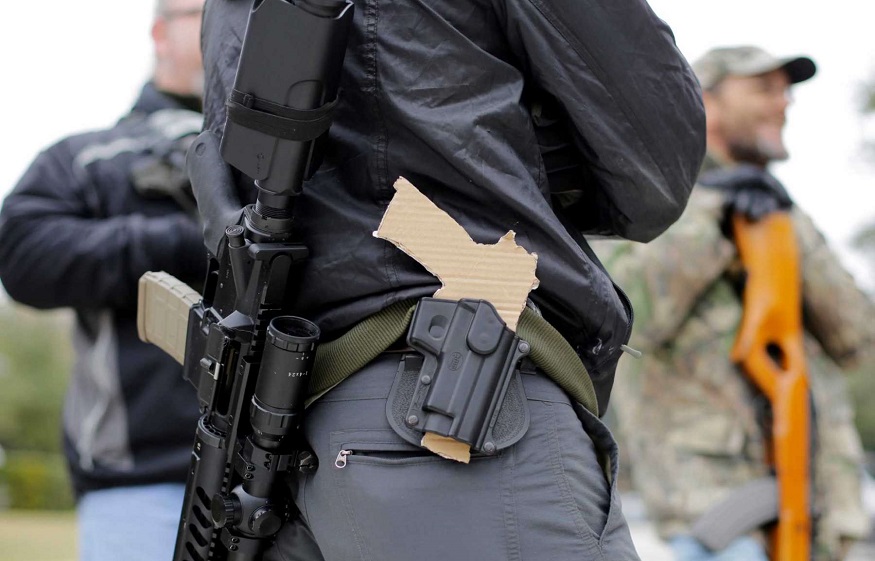The rifle is used primarily for bird hunting and other small games, as well as for sports in skeet shooting (shooting objects thrown in the air). Rifles come in a variety of sizes and styles. Learn the basics and how to choose a rifle in this article.
The number of individuals pursuing gun ownership is rising. Although you may be required by your state to participate in a gun safety course prior to carrying your weapon, especially if it is concealed, additional training and shooting practice are necessary to ensure your safety and the safety of others. Gun competitions provide opportunities to test your weapons skills. These are ways you should prepare for a competition.
Pack Your Gear Bag
Each competition should provide you with a list of things you need to pack. They may include additional magazines, competition holsters, gun-cleaning kits and safety gear, such as earplugs or headphones and eye protection. However, there are a few other things you should pack. For example, you should bring extra clothing, including a rain jacket, a nylon competition-style belt, and socks. You may start with your clothing layered as well. You also need a first aid kit, sunscreen, bug protection, extra ammo, water and some snack foods. You may include a multitool, binoculars, flashlight, duct and masking tape, dummy rounds.
Learn the Course
Review and ask any questions you have about the course rules. It is vital that you understand what is expected of you and other shooters. This includes learning about the match schedule.
Visit the shooting competition location a few times so that you understand how to get there, even with heavy traffic. Then, arrive a few hours early so that you can scout the range, including dry firing areas, bathrooms and safe areas. Consider attending the Friday practice session. This will allow you to sight in your weapons.
Volunteer
First, you should introduce yourself to the coordinators and competitors. Then, consider volunteering at the competition. Your volunteer work will help you learn more about the course and keep these competitions available for everyone. Volunteers are often scarce at shooting competitions, but the organizers need help with the organization and cleanup.
When you are properly prepared for your shooting competition, you can relax and concentrate on gaining experience and improving your accuracy and readiness.
Most pellets contain lead, a toxic heavy metal. Every time you shoot, a plume of lead dust will float into the air. Do not handle pellets/bullets too often and wash your hands after you finish shooting. Indoor and outdoor shooting ranges also contain high levels of lead in the air if they are not properly ventilated. In the market there are bullets that do not contain lead (steel bullets), but are less lethal when used for hunting.
At longer distances, you may often miss your target. Try adding lead to the target or maybe the problem is with the spread of the bullets. Try buying a longer barrel or a tighter choke (if you have a detachable choke).
Always read your rifle’s manual for specific instructions on cleaning and caring for your rifle.

